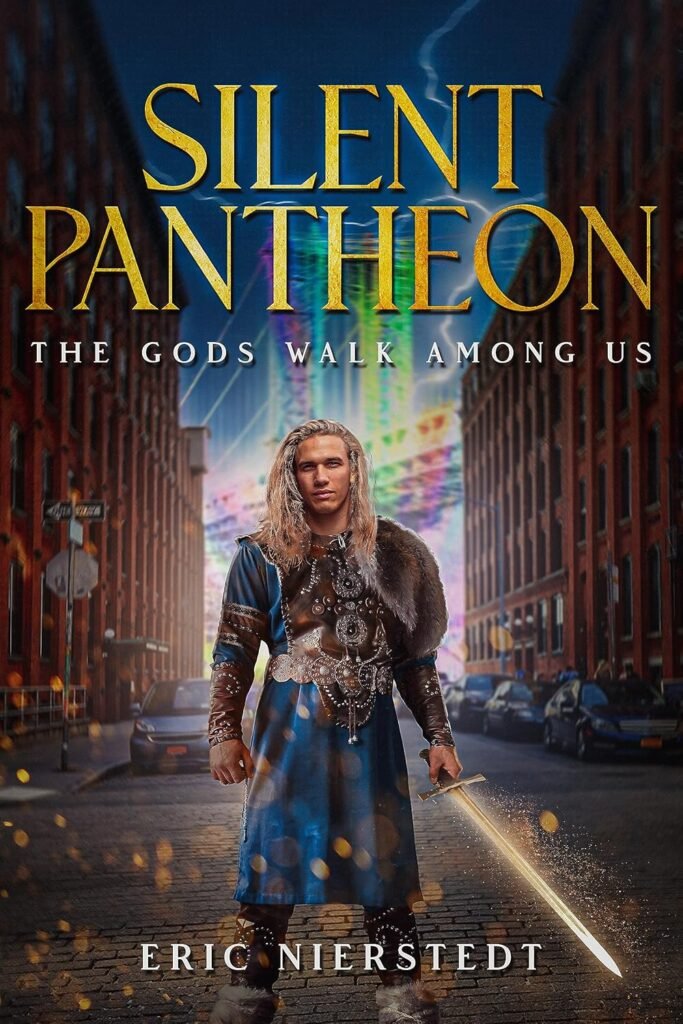Discovering the Gods of New York: A Review of Silent Pantheon
When I first stumbled upon Silent Pantheon: A Tale of Ancient Gods in Modern Times by Eric Nierstedt, the premise instantly pulled me in: forgotten gods adapting to a world that has largely cast them aside. The thought of these once-mighty deities grappling with everyday life amidst bustling New York City intrigued me, and I couldn’t resist diving into this unique blend of mythology and modernity. As a fan of Neil Gaiman’s American Gods, I was eager to see how Nierstedt would tackle similar themes.
The story centers around Martin Johnson, an EMT with a divine secret—he’s one of five ancient gods living amongst mortals. Unlike the grand tales of old, Martin faces the everyday struggles of healing not just physical wounds but emotional ones too, especially as he contends with his deep, mortal love. The end of the world looms, and the question arises: can these once-revered beings rediscover their purpose in a world that has abandoned them?
Nierstedt’s writing style is a delightful blend of humor, warmth, and contemplation. The pacing is spot-on, moving seamlessly between the grandeur of myth and the mundane routines of modern life. I found myself chuckling at the clever nods to pop culture and the relatable dialogue among the characters. Each god—be it Balder, Athena, Anubis, Coyote, or Kali Ma—springs to life with distinct personalities, making their interactions genuine and engaging. I particularly enjoyed the banter between Coyote and the others; his wit provided a refreshing levity amidst the heavier themes of loss and redemption.
One memorable moment that resonated with me was a time when Martin muses, “What good is a god in a world that no longer believes?” This poignant question captures the essence of the book—not only highlighting the struggles of these ancient beings but also forcing readers to reflect on their own relationship with belief. It’s a reminder of how easily we can overlook the significance of the things we once held sacred.
Reflecting on my own relationship with spirituality while reading, I found Nierstedt’s portrayal of the gods deeply thought-provoking. It’s fascinating how he weaves humor with profound insights, allowing readers to consider the loss of faith on both a personal and universal level.
Silent Pantheon is a captivating start to what promises to be an engaging series. If you appreciate mythology intermixed with contemporary issues, or simply enjoy a well-told story with relatable characters, I wholeheartedly recommend picking up this book. It’s an enjoyable read for those who love rich character development and thoughtful humor—perfect for fans of Gaiman and Pratchett alike.
Ultimately, Nierstedt’s debut leaves you pondering long after the last page is turned. Will we see a resurgence in belief, or are the gods destined to fade into obscurity? While waiting for the next installment of The Pantheon Saga, I find myself hoping for a little more faith in the everyday—and perhaps, a bit of magic along the way. Happy reading!







